What are your plans?
Reading time: 9.5 Min.
Heli Jacobs, Ramat Hanadiv’s new CEO, brings with her a presence, fresh energy, and a vision.
As we sat together, we got to know more about her worldviews and her short and long-term plans.
 News and Events
News and Events
Reading time: 9.5 Min.
Heli Jacobs, Ramat Hanadiv’s new CEO, brings with her a presence, fresh energy, and a vision.
As we sat together, we got to know more about her worldviews and her short and long-term plans.
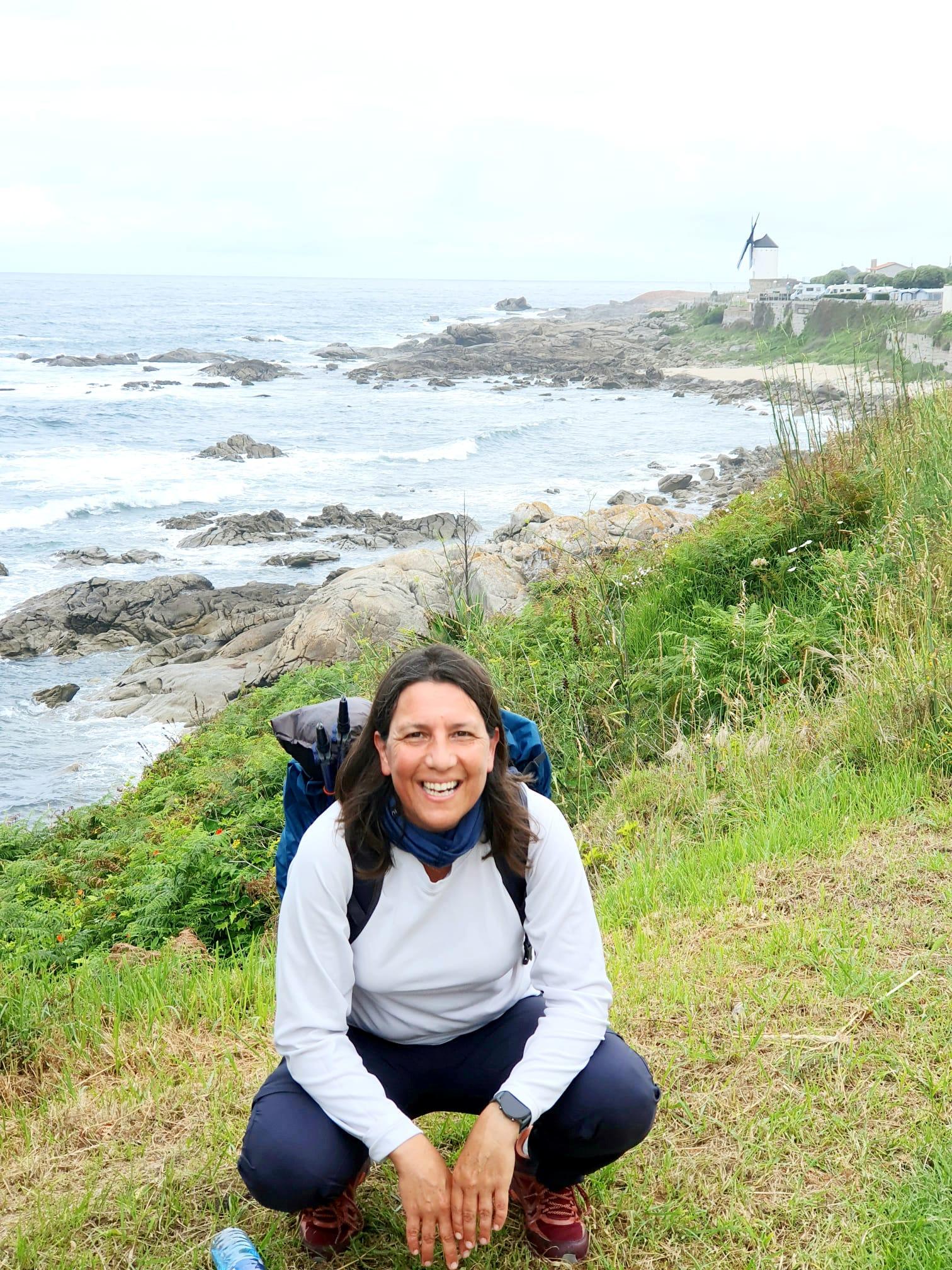
The war inevitably changed our focus and shifted us towards activities that promote healing and recovery. Yet our search for a new CEO continued, and a few months ago, Heli Jacobs joined us. Heli is blessed with vibrant energy, unique presence, as well as tons of experience in management and tourism and a deep connection to nature.
Now, it’s time for you to get to know her too, her background and to which horizons she plans to sail this ship.”
Tell us a bit about yourself. Where are you from?
“I live in Sde Ilan near Kfar Tavor in the Southern Galilee, and I also have a home in Jerusalem. I’m a mother of four grown children and a proud grandmother to a four-year-old. My large garden is where I feel most connected to the earth.
When I’m in Jerusalem with my partner and her teenage kids (two of my daughters and my grandchild live in the city as well), I often miss the simple joy of stepping out my door and feeling the soil beneath my feet.
I grew up in the Krayot.
My father, who fell in the Yom Kippur War, was a member of Kibbutz Be’erot Yitzhak. In my childhood, I often spent time with my grandparents in the kibbutz. The kibbutz, its fields, agriculture, and settlements have all played a significant role in my life, as has my connection to the Jewish world.
What did you do prior to Ramat Hanadiv?
“I was the CEO of Nir David Tourism for seven and a half years, where I managed a diverse range of areas, including Park Hamayanot and Gan Guru. I also established a unique glamping site that focused on enhancing guest experiences.
Prior to that, I worked as an independent business consultant in northern Israel, mainly for agro-tourism businesses, exploring natural resources, human connections, and core values. My academic background includes studies in Archaeology, History, and Biblical Studies, along with an MBA in Business Management and Information Systems, and a Master’s in Law. Currently, I’m pursuing a course in Rural Planning at the Technion and am part of the Maoz network, which empowers leaders.”

The kibbutz, its fields, agriculture, and settlements have all played a significant role in my life, as has my connection to the Jewish and religious world

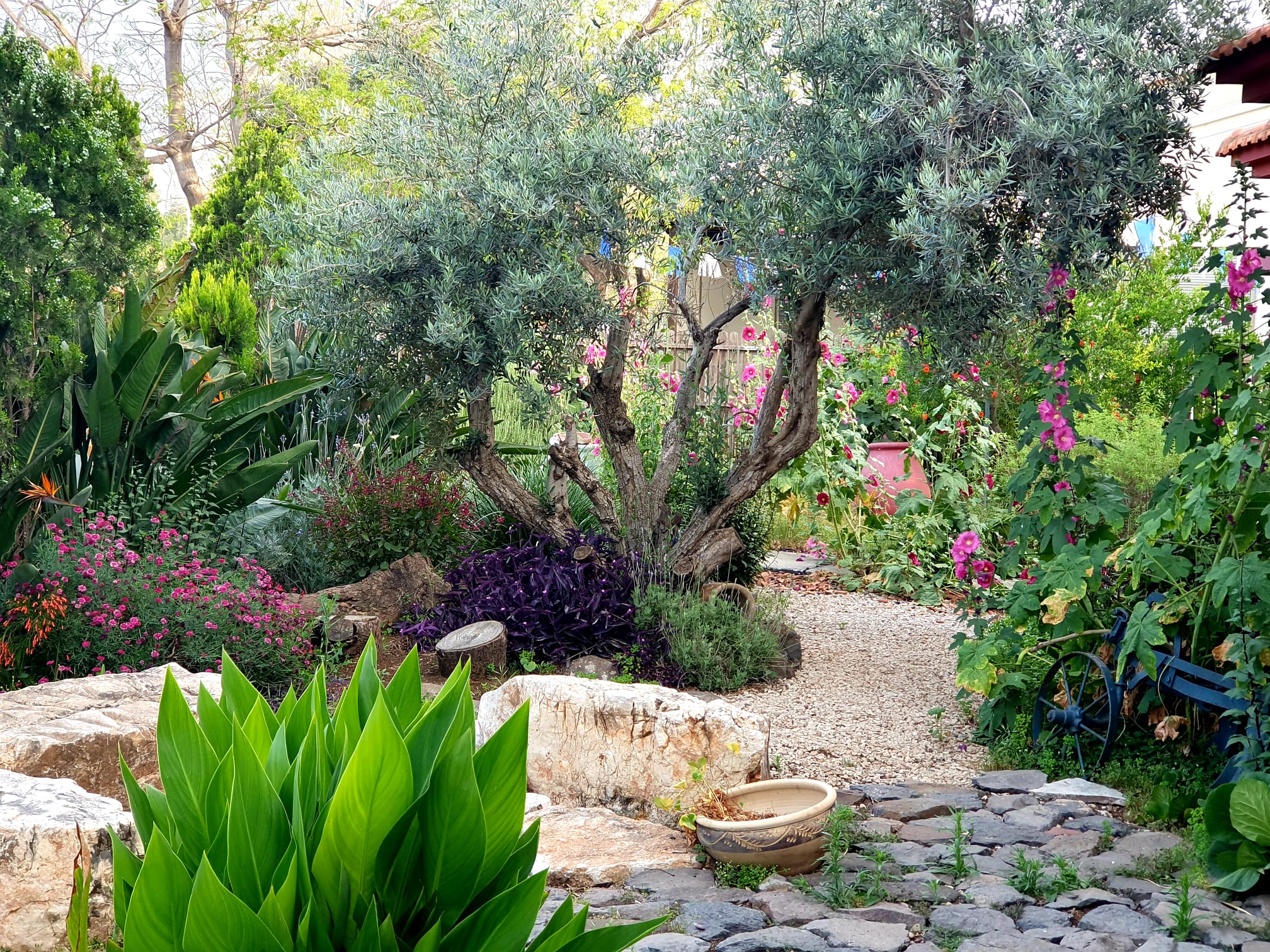
Tell us about your years managing Nir David Tourism.
“My time there was both challenging and rewarding, especially navigating the impacts of COVID-19, the Asai River conflict, and the onset of war. These experiences honed my crisis management skills and made me acutely aware of the erosion of trust and the human connection to nature. I realized how crucial it is to foster solid relationships between people and their environment. The events around the Asai River inspired me to study Rural Planning, as I wanted to understand how thoughtful planning can enhance our quality of life and health. The glamping site I developed emphasized personal responsibility for one’s experience, encouraging communal living and ecological mindfulness.
Ultimately, individuals are responsible for their own experiences, and our role is to create an excellent platform to support that. For instance, our restrooms and shower facilities are not only top-notch but also communal, like the kitchen. This design approach not only centralizes water management from an ecological standpoint but also fosters a sense of connection and responsibility among guests.
When we see fellow campers, it encourages us to be mindful of our actions, making us less likely to disturb or harm others.
During my time at the Mayanot Valley, I gained valuable insights by observing the interactions of 2 million visitors each year. This experience taught me how to effectively manage the relationship between people and nature. When the war began, I recognized the opportunity to step into the CEO role at Ramat Hanadiv as a way to channel my pain into purposeful action.”

Ultimately, individuals are responsible for their own experiences, and our role is to create an excellent platform to support that

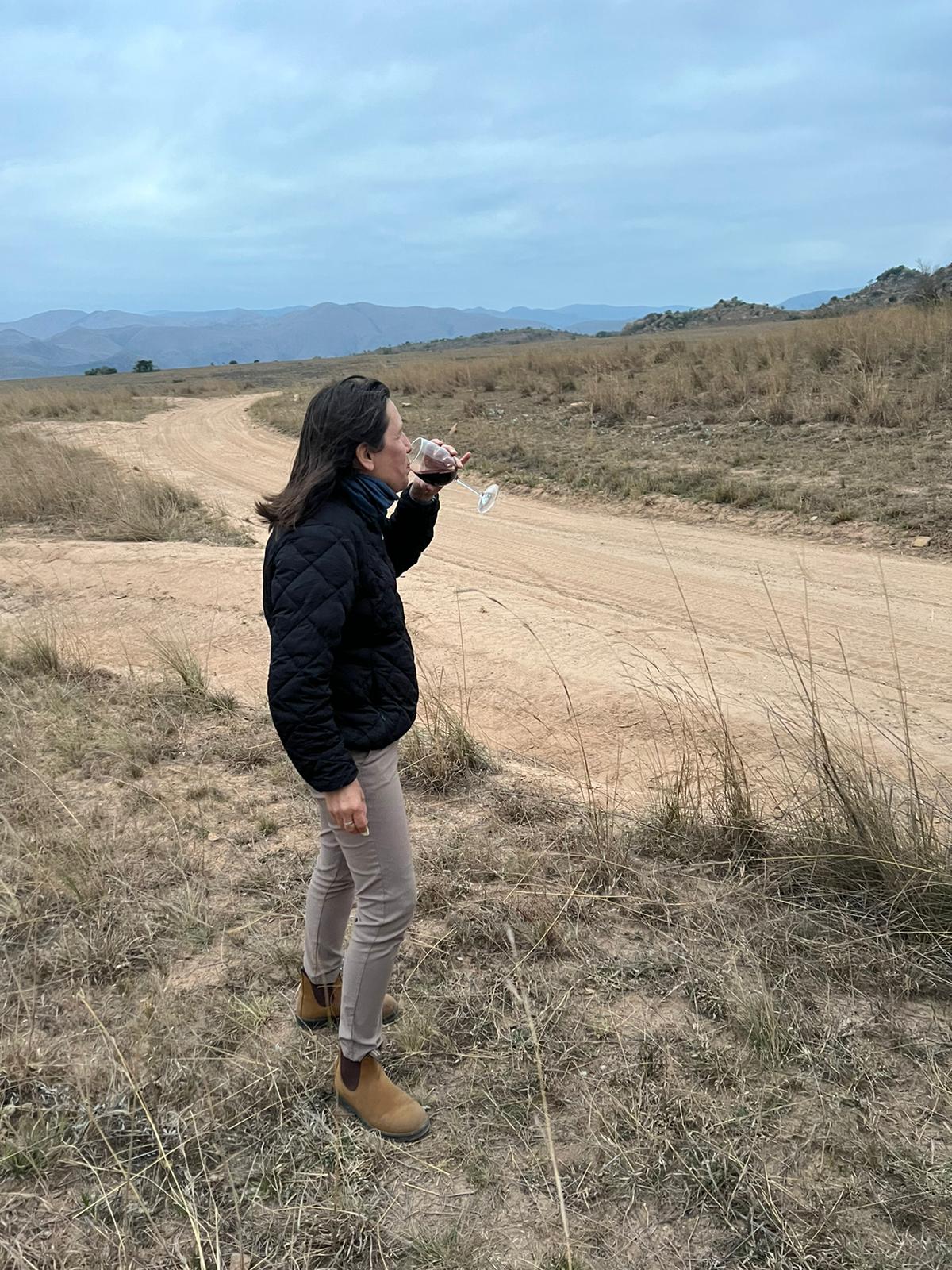
What other methods are there to connect man to nature?
“Ramat Hanadiv has set out a goal to make this space an ideal setting for meaningful connections between individuals and nature—this goal extends to planning, research, and scientific aspects. Pioneering an outlook that knows to ask the right questions, search formative themes accordingly and open the space in a beneficial and influential way that encourages deep conversation, through physical engagement and walking.
I believe the more we understand our shared space, the better our relationships will be, and we might discover we don’t need to argue in all domains. I’m not saying this at the spiritual level but at the deep structural one.
There are kids who believe tomatoes grow in the supermarket and have no clue that the goat or cow is responsible for their chocolate milk. They have no compassion for plants or animals. When we lose compassion, we don’t give a second thought to tossing litter on the ground or parking on someone’s wheat field because we don’t grasp that we just destroyed tomorrow’s breakfast Pita .
Yad Hanadiv, through Ramat Hanadiv, decided that there is a major opportunity here to create long-term change for many years ahead. I am grateful to be in this position today, and we are already implementing new ways of doing, developing on what has been done, with great respect to previous generations. I feel that with the ongoing war, one of the things that can lift us up is to look to the past and future. We are now living through a traumatic period in the timeline of the state of Israel, but what we do today will shape what we see 150 years in the future. That is the essence of the Rothschild legacy, and as a graduate of Archeology and History – this truly moves me.

I believe the more we understand our shared space, the better our relationships will be, and we might discover we don’t need to argue in all domains. I’m not saying this at the spiritual level but at the deep structural one.

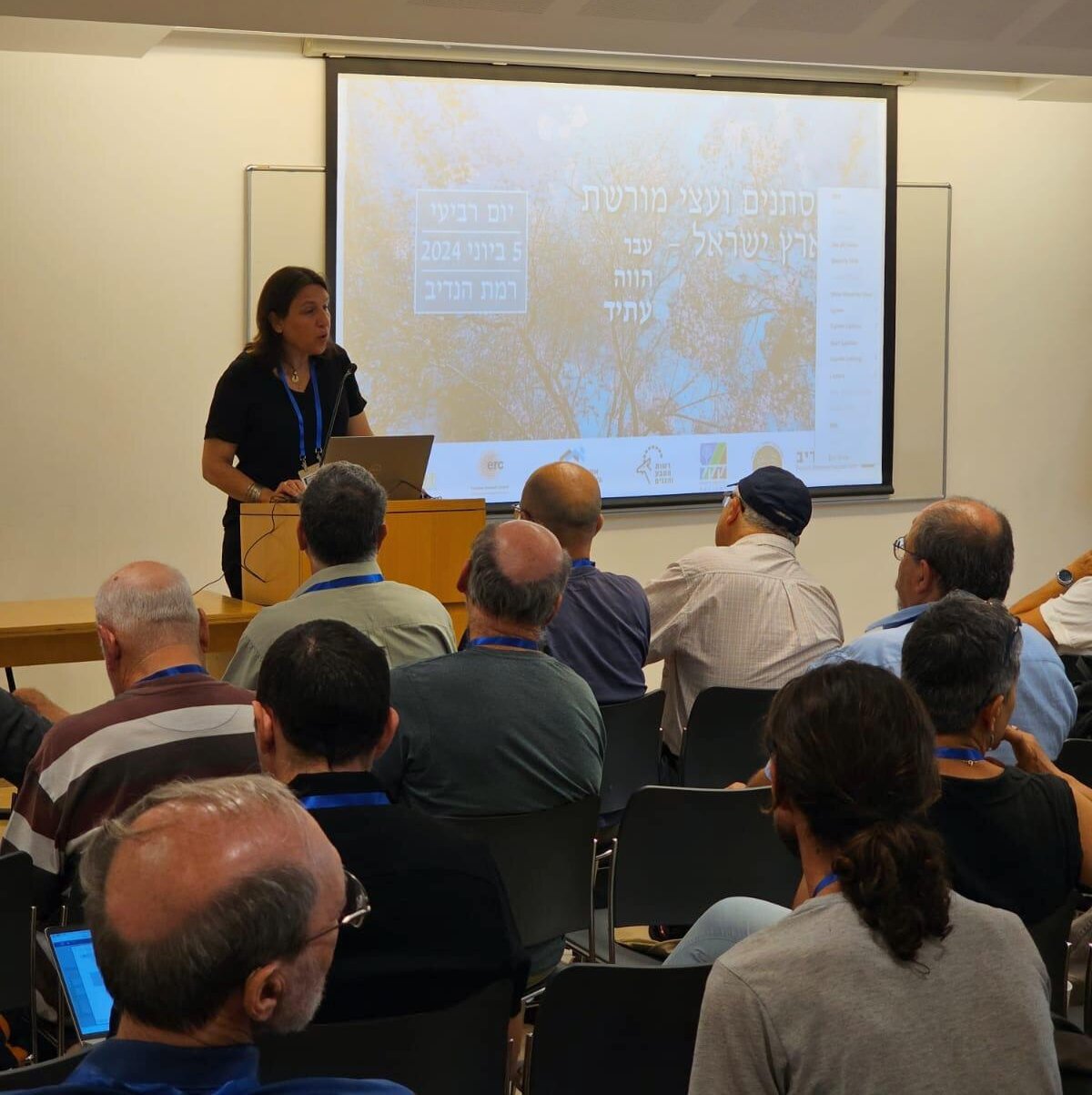
What prior acquaintance did you have with Ramat Hanediv?
“As a child I came her as part of a school trip to Zichron Yaakov. For many years I had the recollection that I planted a tree here in memory of my father, but it is a vague memory. I remembered it as a very beautiful place, I new the Israel trail passes through here, but not much beyond that. During the interview process, I walked through the park and gardens multiple times, absorbing the energy of the space.”
What did you feel when you walked here?
“I felt I could relax here and it would be okay. I was impressed by how well the park is maintained. It embodies respect for nature and its visitors—a concept that resonated with me deeply, especially given my experiences elsewhere. In English, there are several synonyms for the word Kavod—respect, dignity, honor, and here all of these are manifested.”
How do you see your vocation here?
“Half a year into the war, coming here felt like an Island of sanity. The more I delved into the strategic plan, the more I felt we have a legacy here in the deepest sense (I can’t find a word for legacy in Hebrew as it will always be associated for us with religion).
When I realized the breath of my mission, I understood that there is a place for innovation and initiative intertwined with the solid ground of legacy. I believe we can’t achieve anything substantial without both history and vision. This aligns perfectly with Rothschild’s vision of innovation, entrepreneurship, courage, and foresight. Planning is all about the future, but developed thinking is all about a base of knowledge, data, and a clear view of the past.”
“When I started looking into this role, I spoke with a lot of people and realized there’s a real gap in awareness. Locals around here know Ramat Hanadiv well, but if you go south of Caesarea or north of Yokneam, most people have only heard about the beautiful gardens—they don’t know about the incredible Nature Park. Among professionals, Ramat Hanadiv is recognized as a leader in conservation, blending research and science. But when it comes to tourists and everyday people, it’s still a hidden gem.”

The plan is to figure out the relationship between man and nature. We aim to create an environment that encourages exploration and learning. We want to inspire curiosity and a desire to explore, making Ramat Hanadiv a go-to destination for walkers, hikers, and nature lovers.”

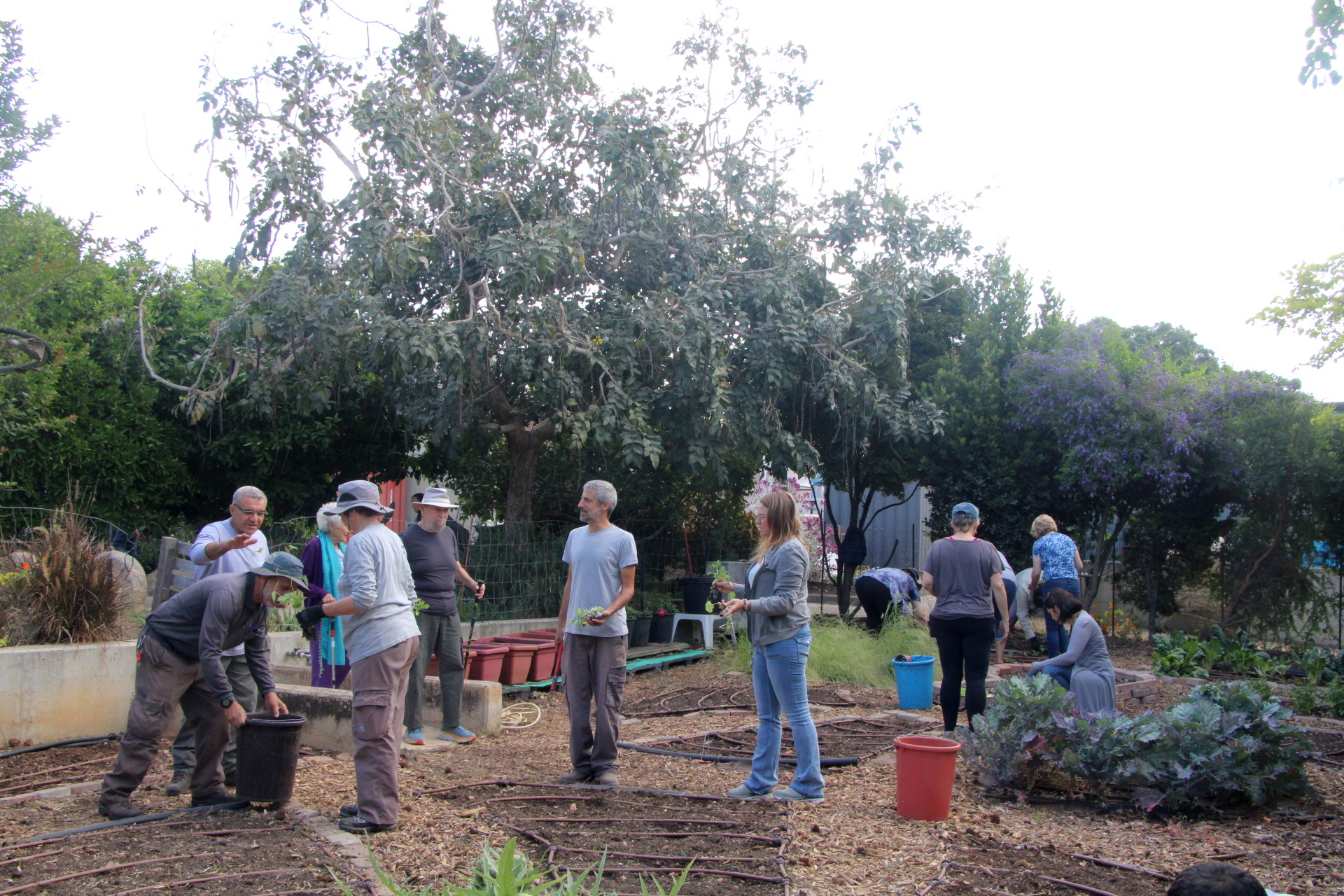
What do you plan to do?
“I find it imperative to stress that I’m not planning solo. There is a full team here that holds so much knowledge that they keep astounding me again and again, and we have the backup of professionals in the field. It is a full carriage in the fullest sense. My job as CEO is to manage this dance, sometimes as a listener and at times leaning into decision-making and strategic policy guidelines. The plan is to figure out the relationship between man and nature. We aim to create an environment that encourages exploration and learning. Our strategy involves asking the right questions and engaging with various disciplines, from social sciences to ecology. Education, art, and hands-on experiences are crucial to opening people’s minds and hearts to nature. We want to inspire curiosity and a desire to explore, making Ramat Hanadiv a go-to destination for walkers, hikers, and nature lovers.”
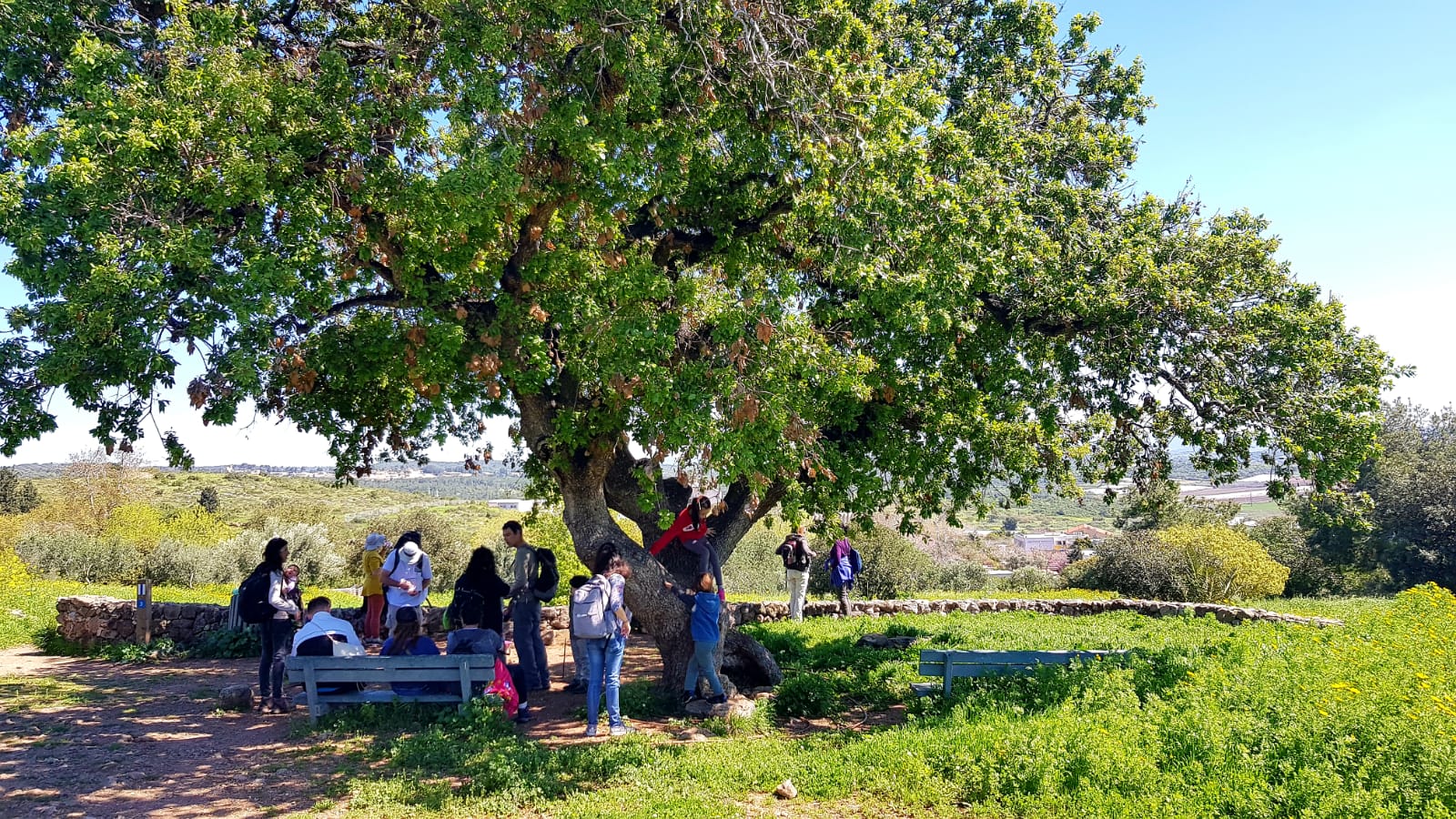
Expand further on the short and long-term plans.
“We’re working on a short-term plan to bring more people here—people who are curious to learn and explore the connection between humans and nature. In the long term, we want to design this space in a way that makes people want to come back again and again, feeling like they’re part of something special. Our strategic plan is growing naturally, keeping up with the ever-changing world, while combining strategy with practical insights from experts. If we get it right, this place will thrive.
In the near future, we’re making exciting changes. We’re setting up an information center to inspire more visitors to explore the Nature Park. We’ll extend visiting hours and seasons, giving you even more reasons to visit.
This summer, we hosted a mini-cinematheque, and we plan to continue offering unique experiences like that. We’re also opening a new café, which will be open on weekends and evenings, and adding even more activities—tours, events, and performances—all with a focus on the human-nature relationship. Our vision is to create a space like a cultural hub, similar to places like the National Library or Van Leer Institute, where meaningful experiences can spark change.
So come visit, experience, and be a part of something that connects people to nature in a truly unique way.”
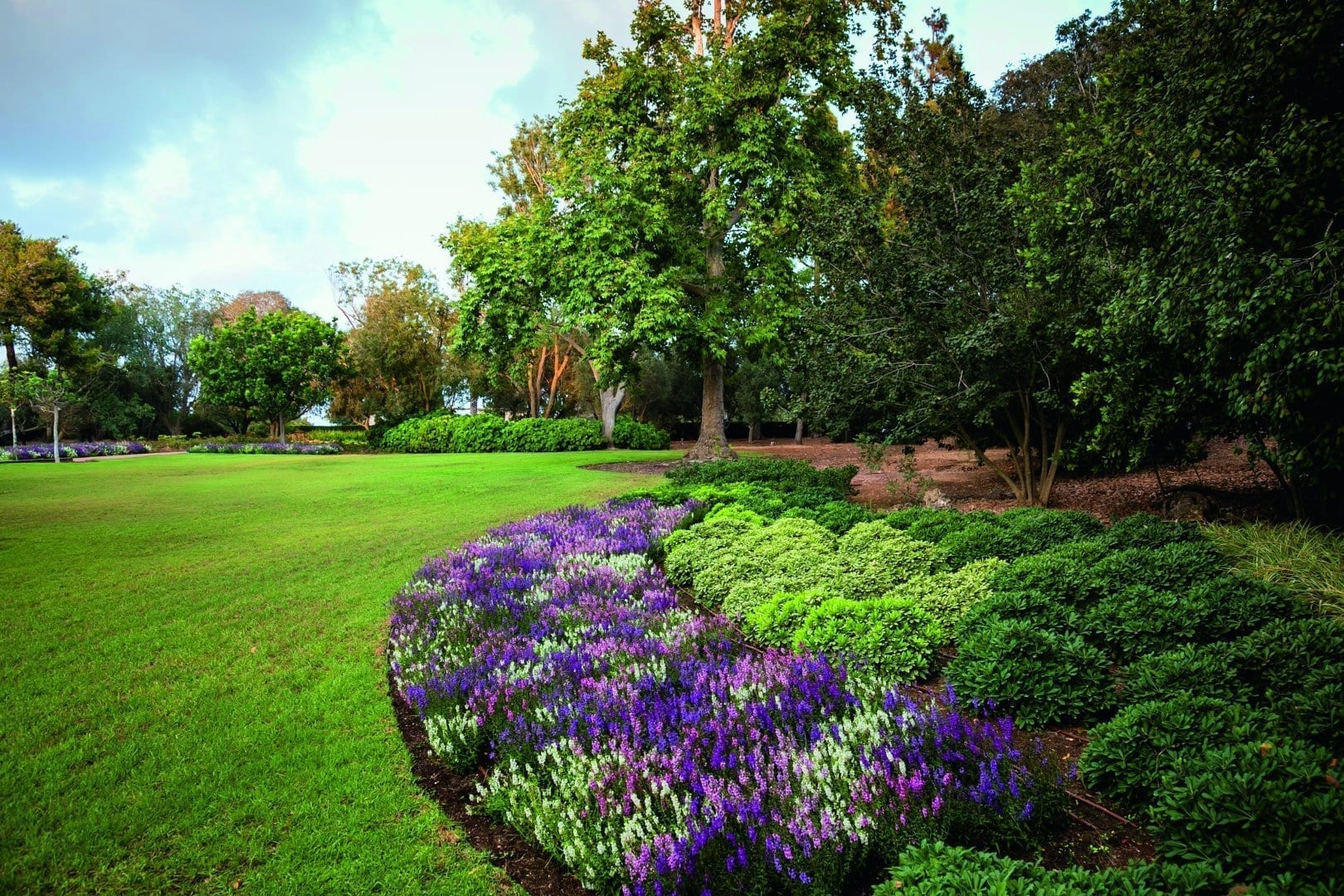
Many people come to Ramat Hanadiv and feel like they stepped abroad. How do you see it?
“We’re not like parks abroad. Our climate, culture, and relationship with nature are uniquely Israeli. I’ve seen even the most beautiful parks, like Villa Borghese in Rome, reduced to mere ‘photo ops,’ with no one fostering a real connection between people and nature. But meaningful encounters with nature need to be nurtured.
Here in Israel, our mission is clear. We face distinct challenges—limited water resources and communities that, on one hand, lack compassion for trees, while others have never interacted with nature or each other. Ramat Hanadiv offers a rare opportunity to change that, to bring people together and build those connections. If we manage and design this space thoughtfully, it will become a place of transformation.
I envision Ramat Hanadiv as a model for others. A place where every visitor wonders, ‘What makes this place feel so special? How can I carry that experience with me?’ To achieve this, we must cultivate curiosity, responsibility, and a deep sense of commitment.”
Thank you Heli, we wish you good luck!
“Thank you and Shana Tova”.
Did you like it? Join our free mailing list to receive monthly news and updates about activities for the whole family. Register here.
Any question? We will be glad to help